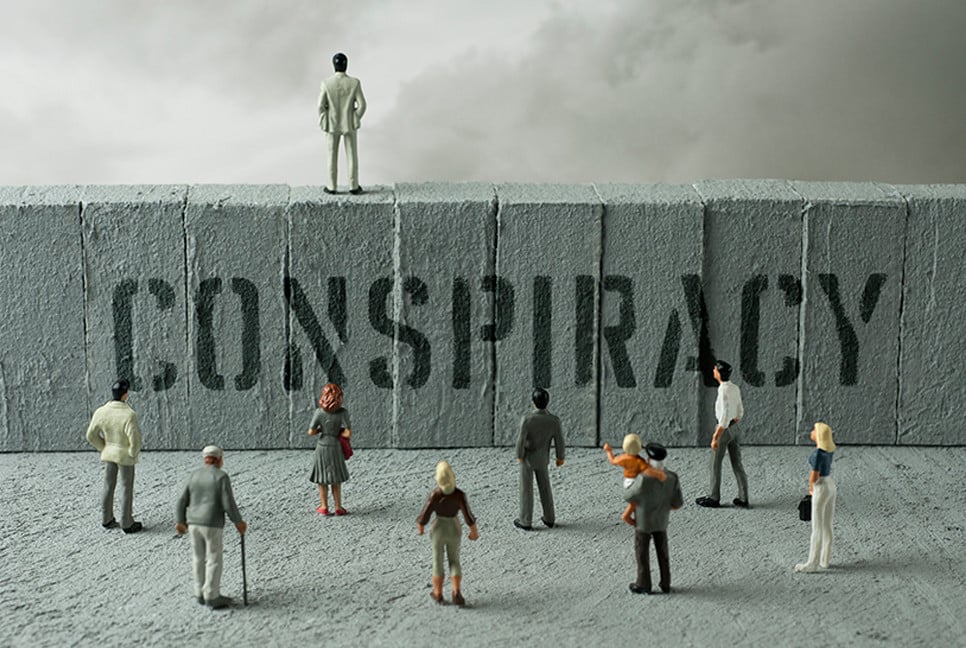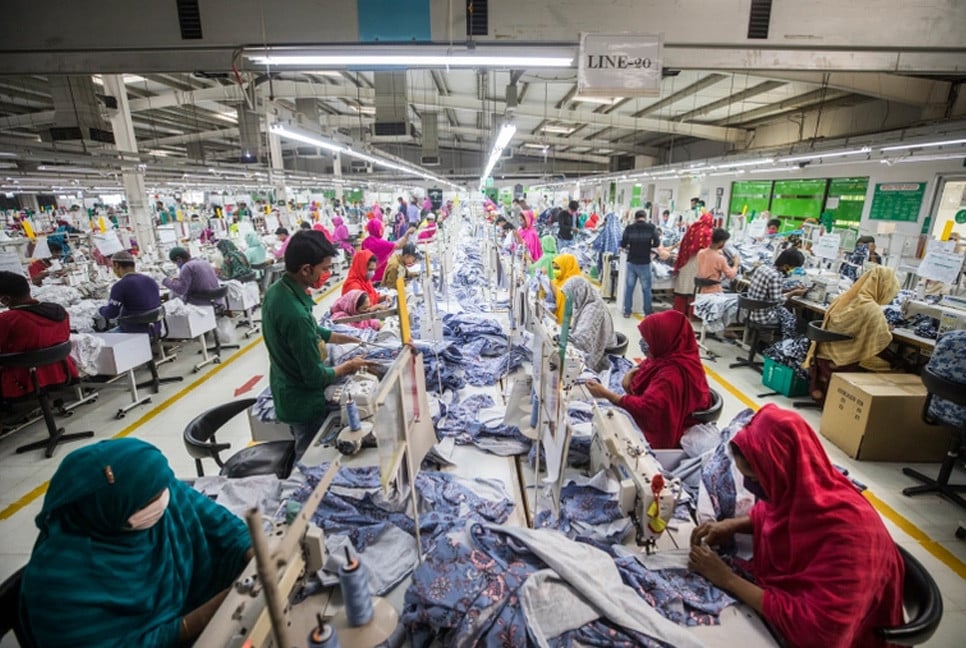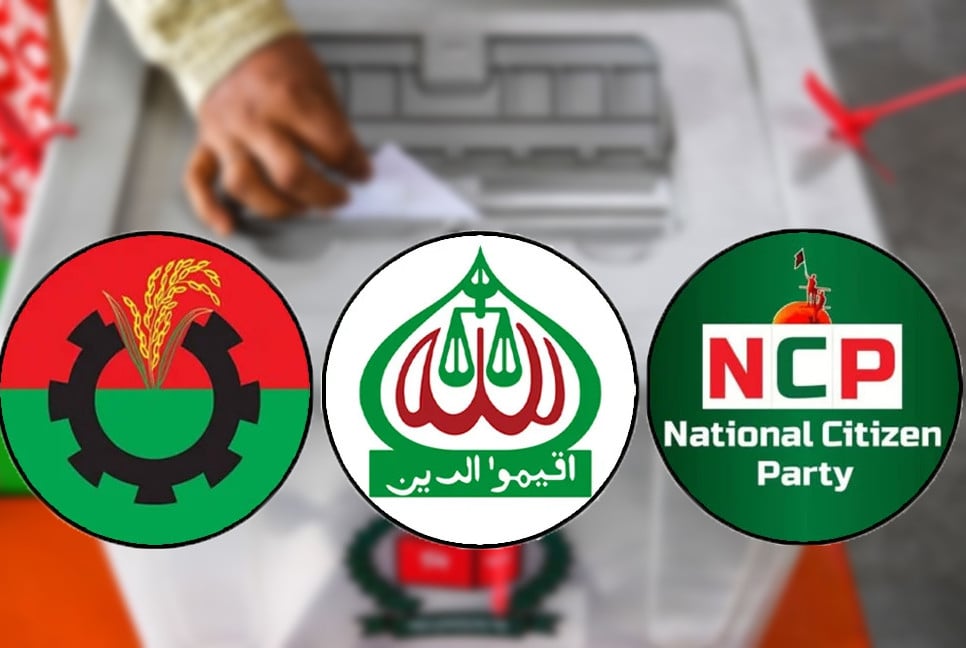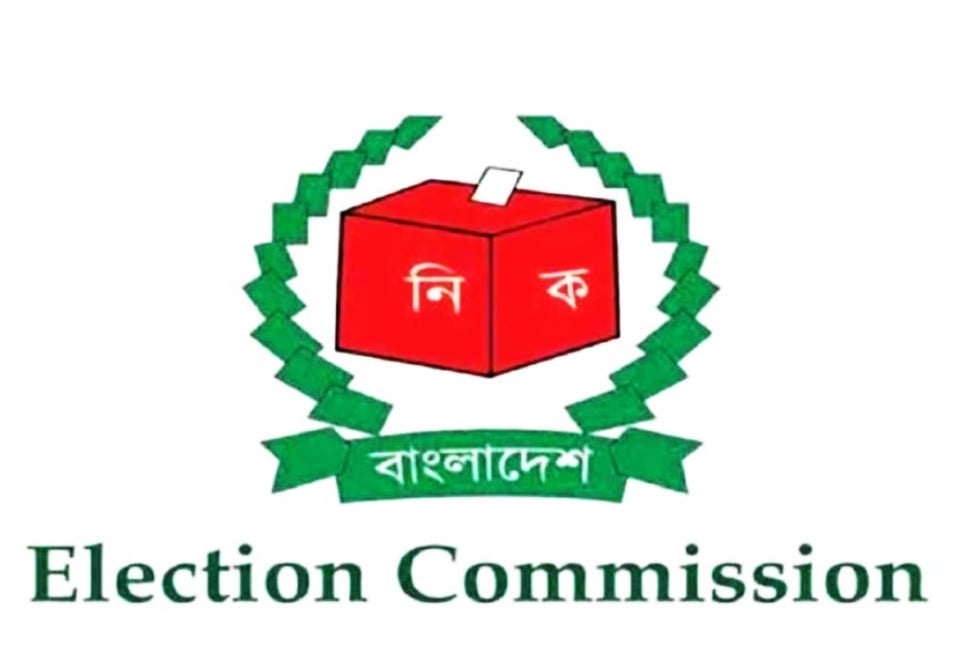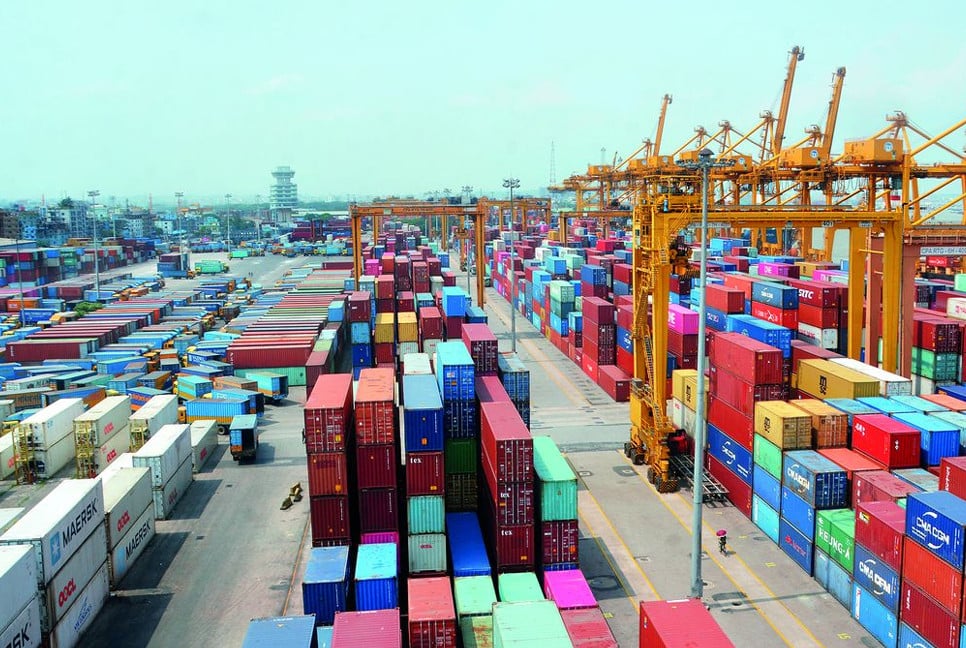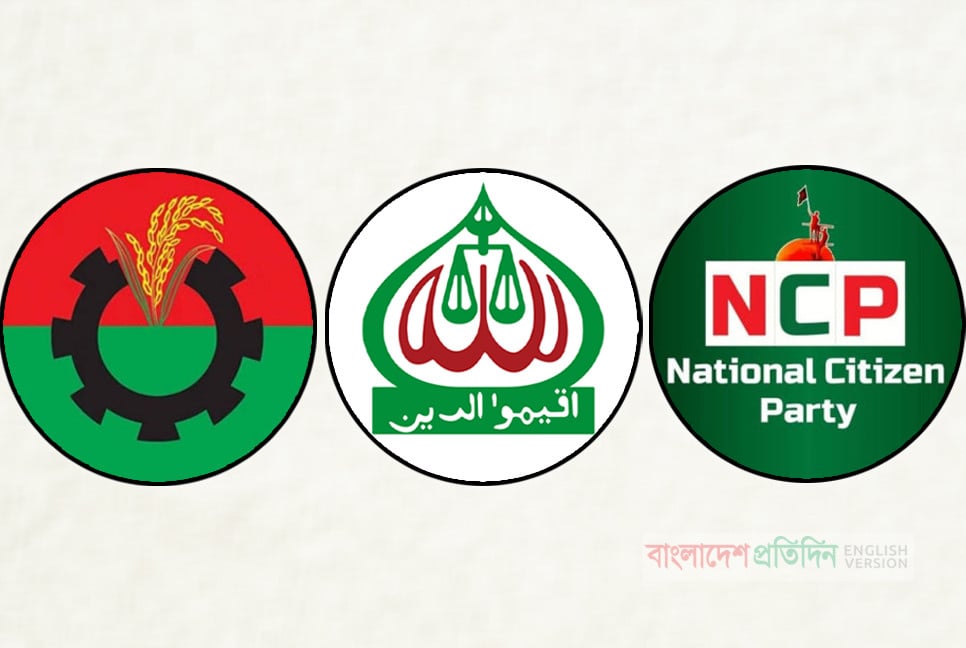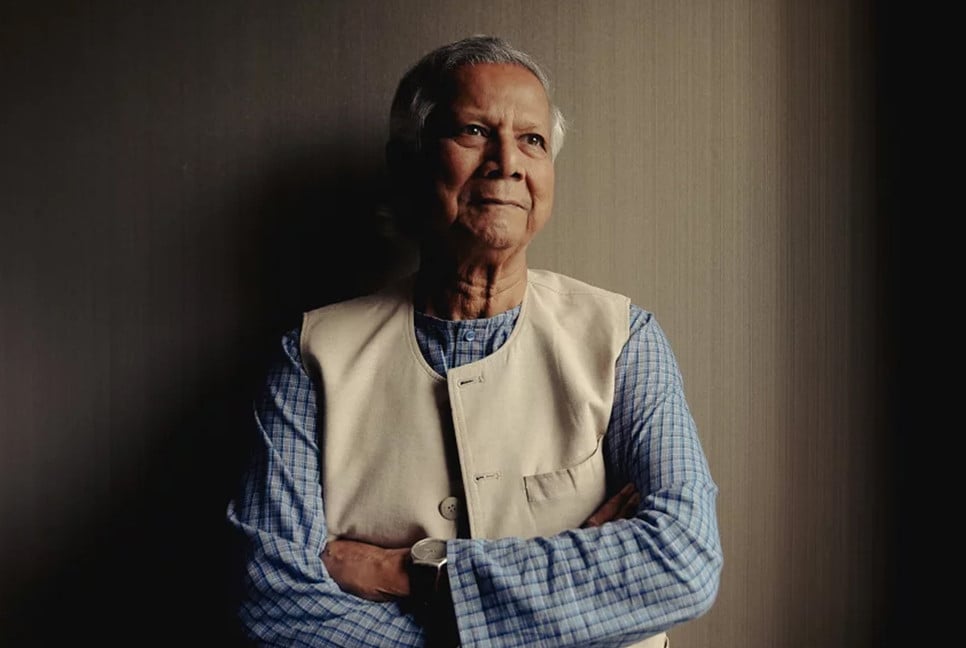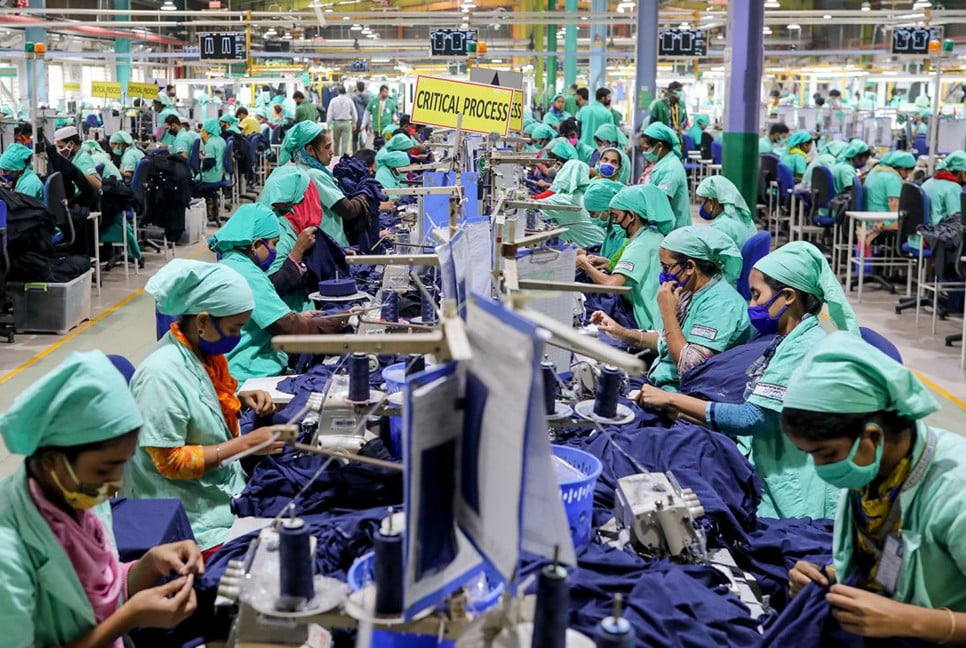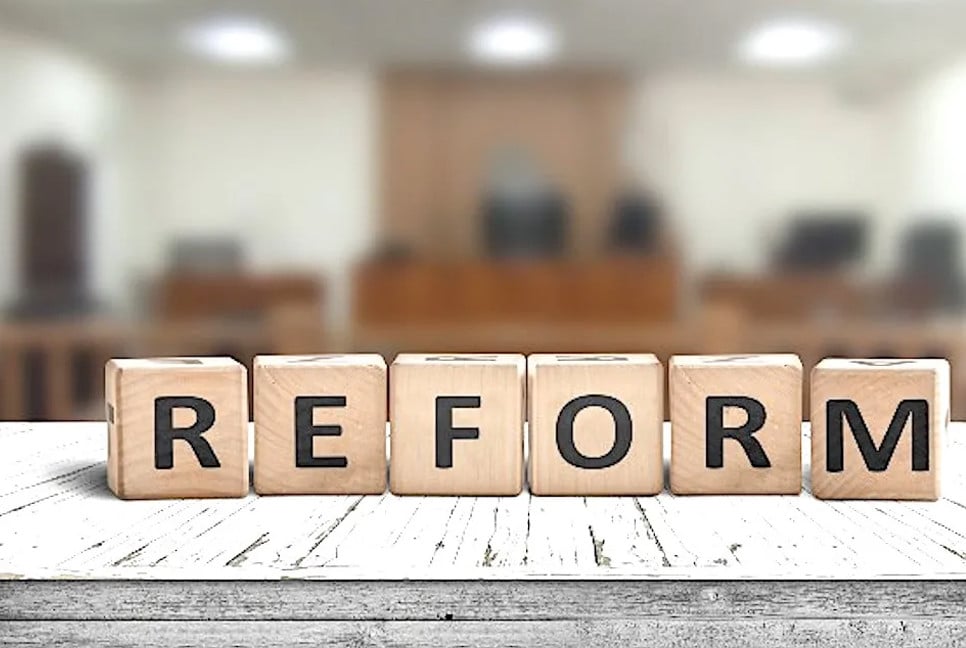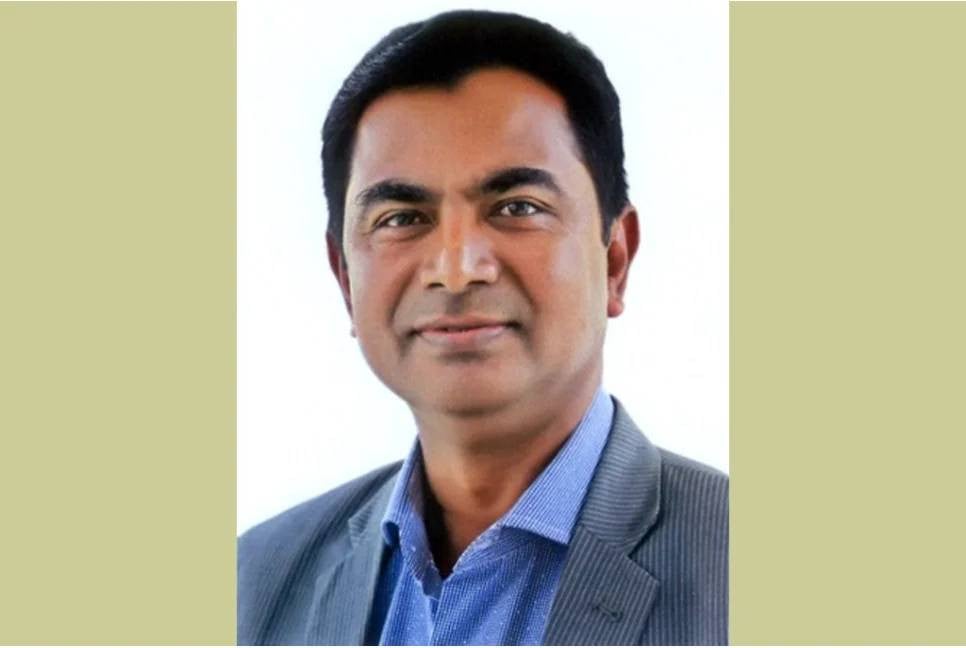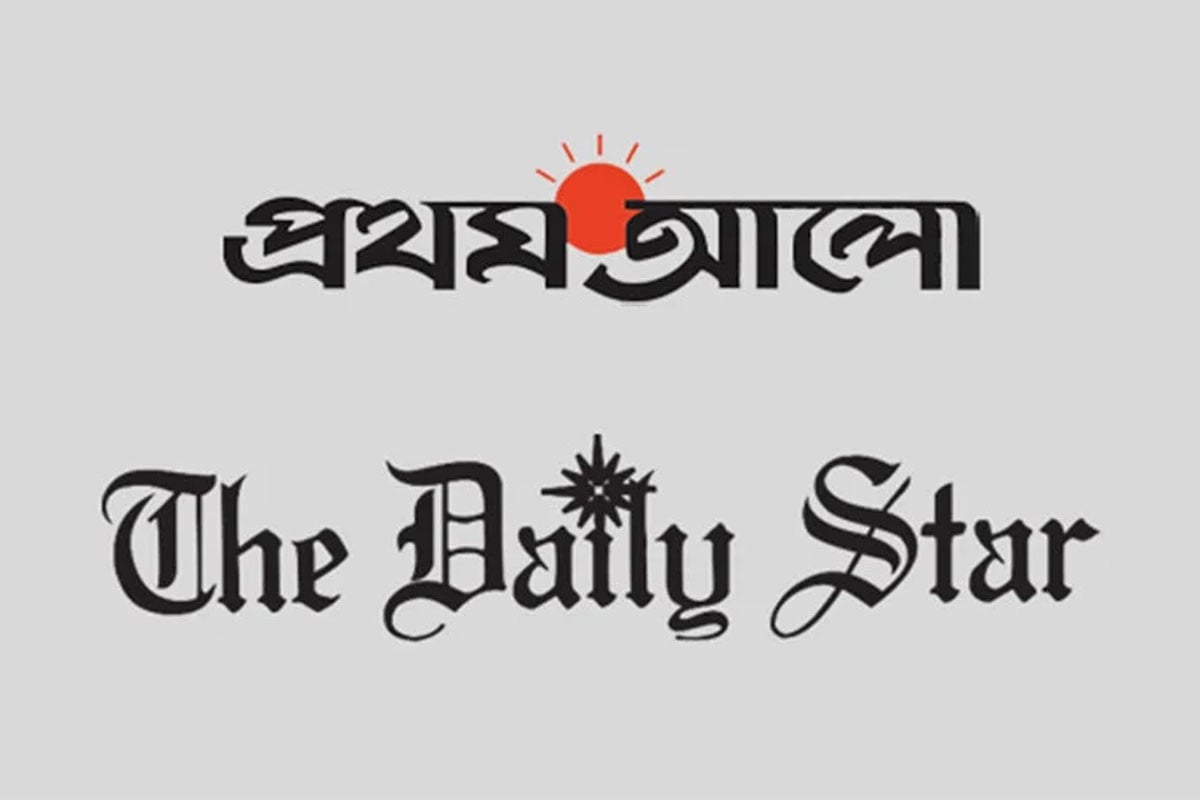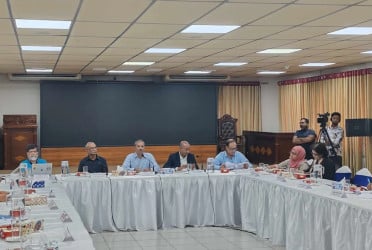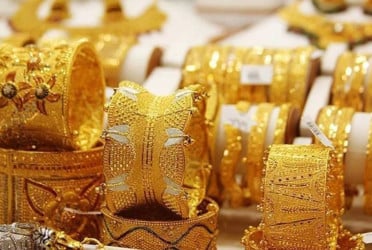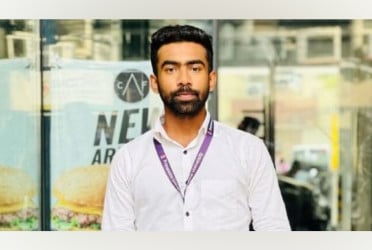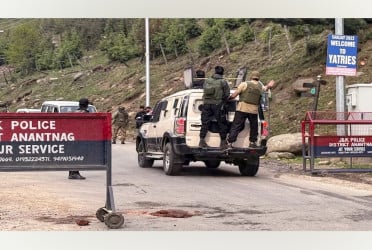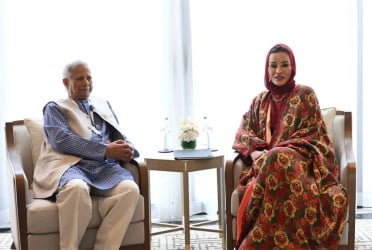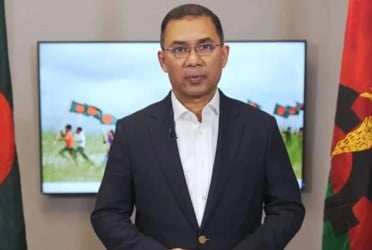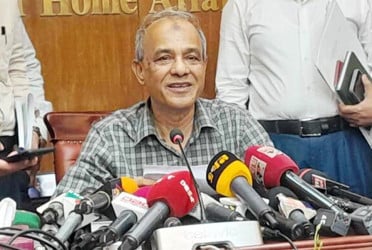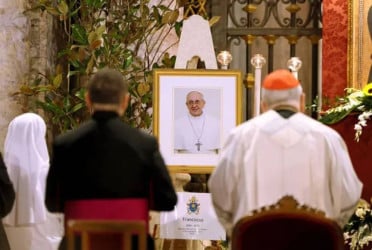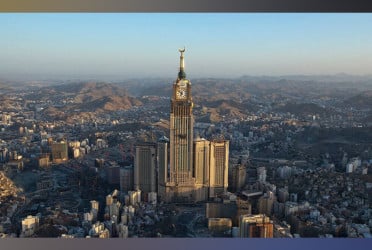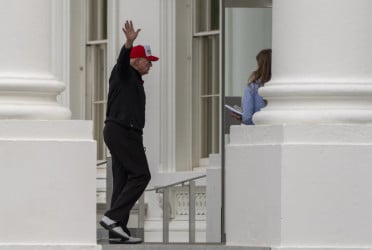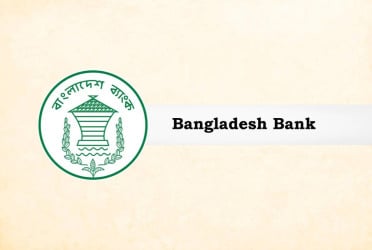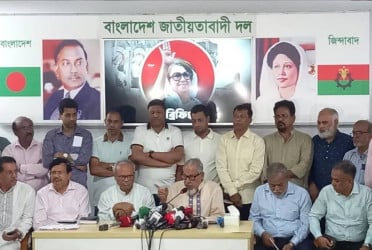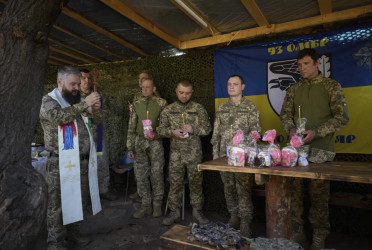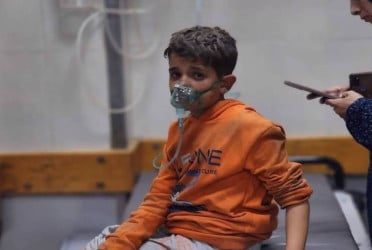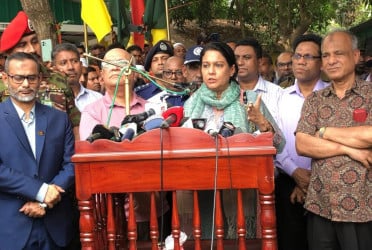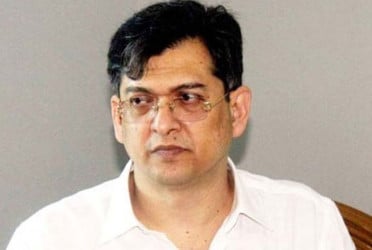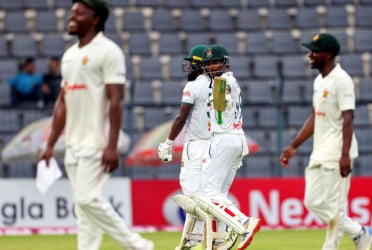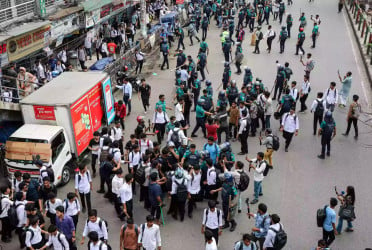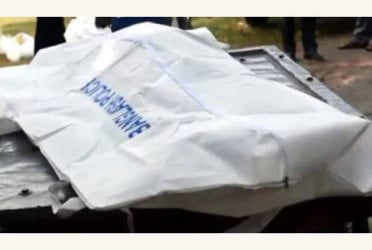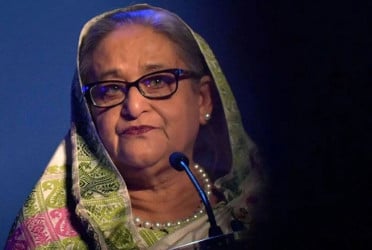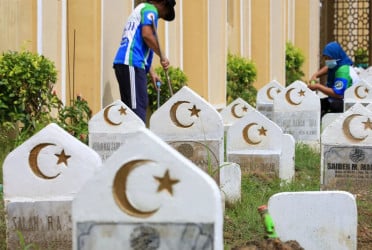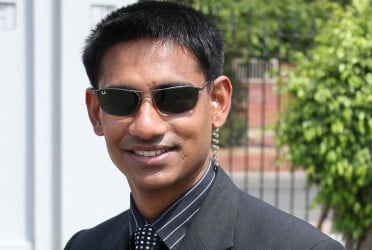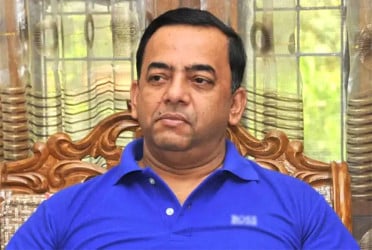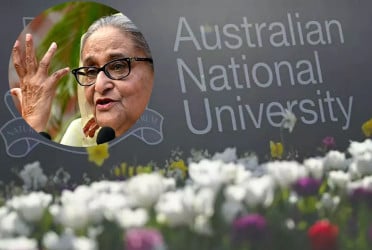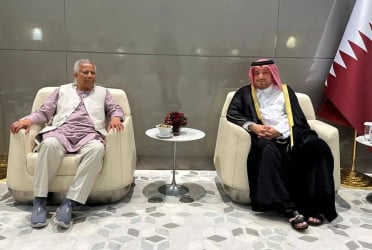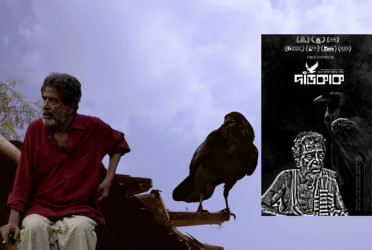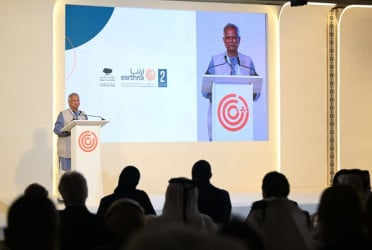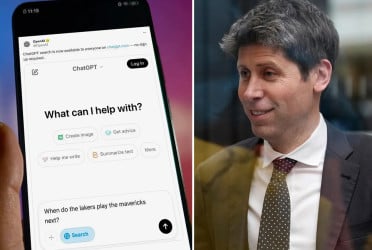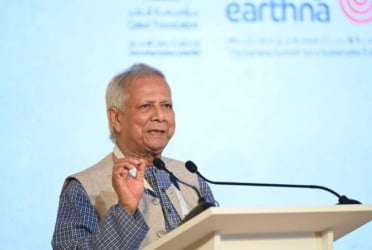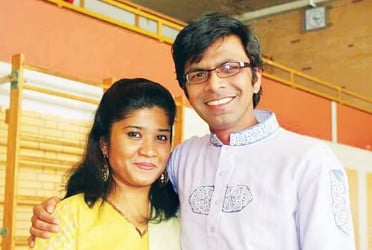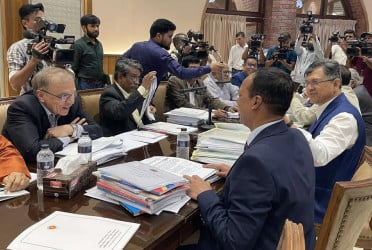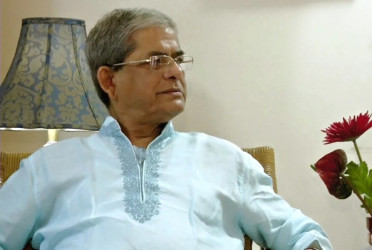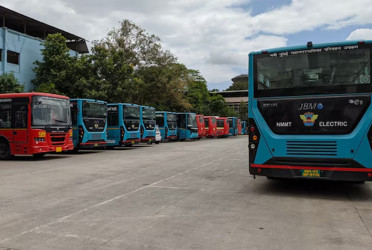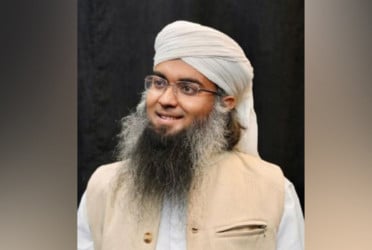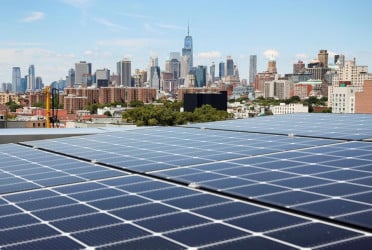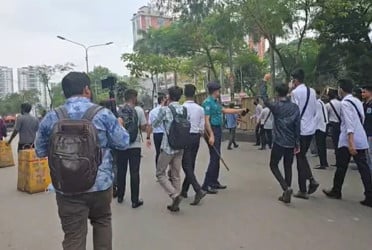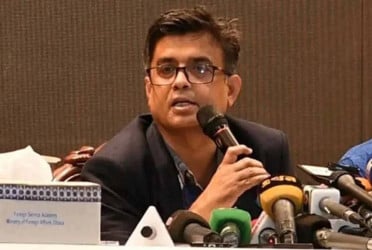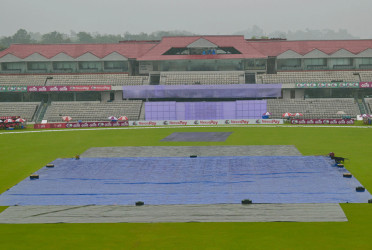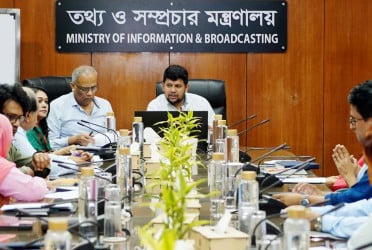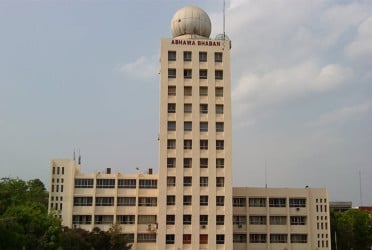A complex conspiracy involving the state and interim government is unfolding. Suddenly, a sense of unease has gripped the lives of ordinary people, with no one knowing when or where an incident might occur.
Even minor issues are escalating into conflicts or violence. What should be a normal process of demanding rights has turned violent. Efforts have been made to paralyze Dhaka, and these abnormal events remain uncontrollable.
Road blockades, vandalism, attacks on educational institutions and factories, and acts of arson continue without pause.
Established business leaders are facing mounting pressure, resulting in a near halt in private investment.
Due to the inability to process business letters of credit (LCs), timely import of essential goods has been disrupted, impacting daily commodity market. It seems as though no one is able to intervene or take action.
In this situation, the one question on the minds of the public is: What is really happening?
Authorities say that members of the Awami League, who have been in hiding, are becoming active with the aim of undermining the government. Their sole target is to bring down the current administration at any cost.
As violent incidents continue to spread across the country, the police find themselves increasingly powerless. The trauma experienced by the police force has not yet subsided, making it difficult for them to control the situation. Until the military arrives at the scene, order cannot be restored.
Experts believe that some of the beneficiaries of the previous regime still hold key government positions. Among the advisers, there are those who were once trusted loyalists of Sheikh Hasina.
Since August 5, a conspiracy by certain quarters has been steadily escalating, leading to protests over various issues. At times, it's the Ansar forces, at others, rickshaw pullers, garment workers, or job seekers demanding the age limit to enter the service be 35 or above, have taken to the streets.
These protests often escalate into violent clashes.
Just as the tensions between Dhaka and City College students were simmering down, on Monday, violent confrontations erupted around Mahbubur Rahman Mollah College in the Jatrabari and Shonirakhra areas.
Earlier, Old Dhaka had turned into a battleground. Attacks were launched on the National Medical College Hospital, Suhrawardy College, and St. Gregory's School.
Prior to this, students from Titumir College blocked roads and railways in Mohakhali, stopping trains and launching attacks, turning the entire area into a war zone.
Law enforcement has faced significant challenges in trying to control these destructive activities.
Members of the Awami League, Jubo League, and Chhatra League have been actively involved in these violent actions. It has been reported that instructions to participate in these destructive acts have been issued by senior party officials to both high-ranking and field-level leaders and activists.
In October, a clash broke out between students of Dhaka College and Dhanmondi Ideal College over an incident. At least 15 people were injured, most of them were Dhaka College students. While the students claimed the altercation stemmed from a disagreement during Dhaka College’s fresher’s reception, the underlying cause was related to the harassment of a female student from Ideal College.
In retaliation, Ideal College students launched an attack on Dhaka College campus. Subsequently, Dhaka College students counterattacked Ideal College, removing the institution’s signboard.
Just one day before, students from Aziz Hall of BUET and Latif Hall of Dhaka Polytechnic Institute were involved in a violent clash. The entire area turned into a battlefield, spreading fear and panic.
For several days, battery-operated auto rickshaw drivers and owners have been staging protests and rallies in various areas of the capital to demand their rights. During these protests, they clashed with law enforcement agencies. Later, following assurances from the police administration, the Battery-Operated Auto Rickshaw, Van, and Easybike Workers' Union called off their sit-in program.
An attempt was made to paralyze Dhaka. After 1 am on Sunday night, people from across the country, lured by promises, began gathering at Shahbagh in buses, pickup trucks, and microbuses. However, the plot was foiled when the true intentions behind the incident were quickly uncovered, preventing the dangerous conspiracy from succeeding.
According to sources, a certain group is trying to pit businessmen against the interim government to embarrass it.
Businessmen who have invested in the country, established industries, and contributed to the economy are being harassed in various ways. Cases are being filed against them, their personal and business bank accounts are being seized, and they are being denied letters of credit (LCs) for business transactions, among other forms of harassment.
These harassing activities are directly impacting the prices of essential goods, making it difficult for the government to control inflation.
Meanwhile, some businessmen, who have not invested in the country but have looted banks and illegally transferred billions abroad, are living luxurious lives overseas, safe from the repercussions.
On August 5, amid growing protests, Sheikh Hasina fled the country, marking the beginning of a new phase for Bangladesh. However, shortly after, protesters have increasingly become involved in violent actions under the guise of demanding various rights.
The country's aware segments believe that the escalating violence is indicative of a multi-faceted conspiracy aimed at destabilizing the nation and the government.
Translated by ARK/ Bd-Pratidin English

